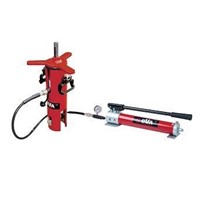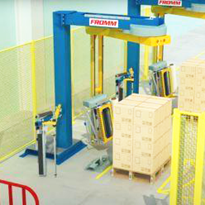This application note provided by our friends at FUTEK titled “Automation Container Filling” describe how they are used and what for. To read the original article, click here.
Firstly, in general, loads cells are often used on automated production lines to assist in the weighing or the even distribution of product into packaging.
In context of automated production lines, load cells are used to measure the weight of products as they make their way down the conveyer line. Therefore, this information is used to control the amount of product dispensed into the packaging. So each package contains the right amount of product. In summary, preventing overfilling or underfilling.
FUTEK load cells are highly accurate and reliable. This is an essential feature in automated production environments where speed and precision and getting your product out the door are key. Available in a range of sizes and capacities, they can be used measure everything from small components to large products.
In addition to load cells, FUTEK offers a range of other products commonly used in automated production lines. Such as torque sensors, pressure and multi axis sensors. All designed to operate seamlessly with each other. Therefore, perfect to use in an integrated production system.
In this example, FUTEK are using the S-Beam Jr Series load cell used to monitor the weight of each load released into each box. Let’s see how this is achieved.
Load Cells for Automation Process
Purpose:
To make sure equal quantities of the product are distributed into each box
How it operates:
- LSB S-Beam Jr. Series Load Cell with specific instrumentation installed.
- Load cell is connected to the hanging distribution container to monitor the weight of each load released into each box.
- When the upper conveyor belt has delivered enough product to the distribution container, the instrument connected to the load cell triggers a relay causing the upper conveyor belt to stop.
- Therefore, this causes another relay to trigger. It releases the gates of the hanging distribution container. Allowing contents to fill the box below.
- Once the gates of the distribution container close, the upper conveyor begins operation again for the automation process to repeat.



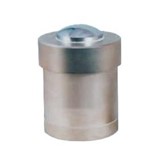

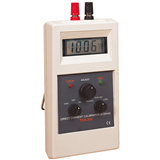
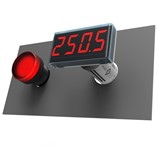
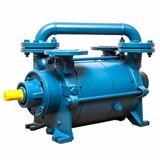

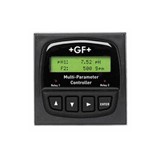

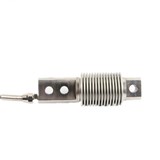
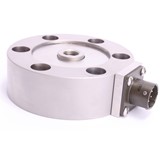
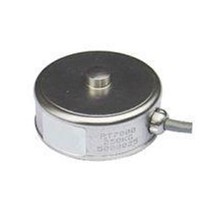
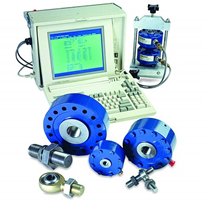
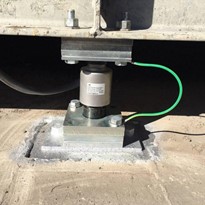
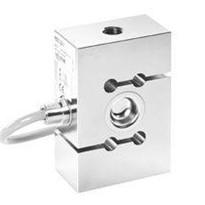
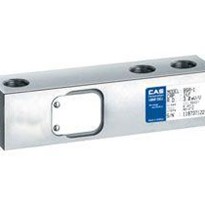
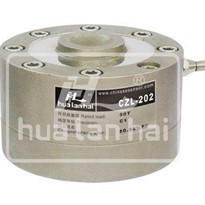
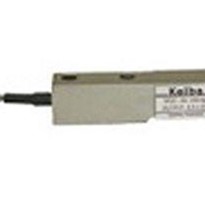
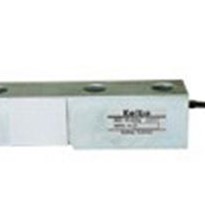
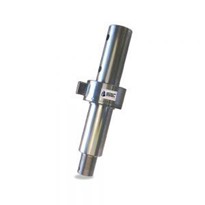
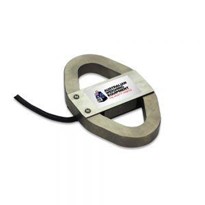
-205x205.jpg)


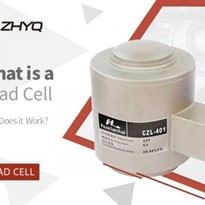
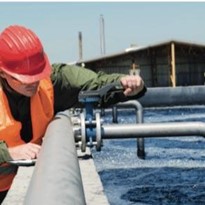
-205x205.jpg)

